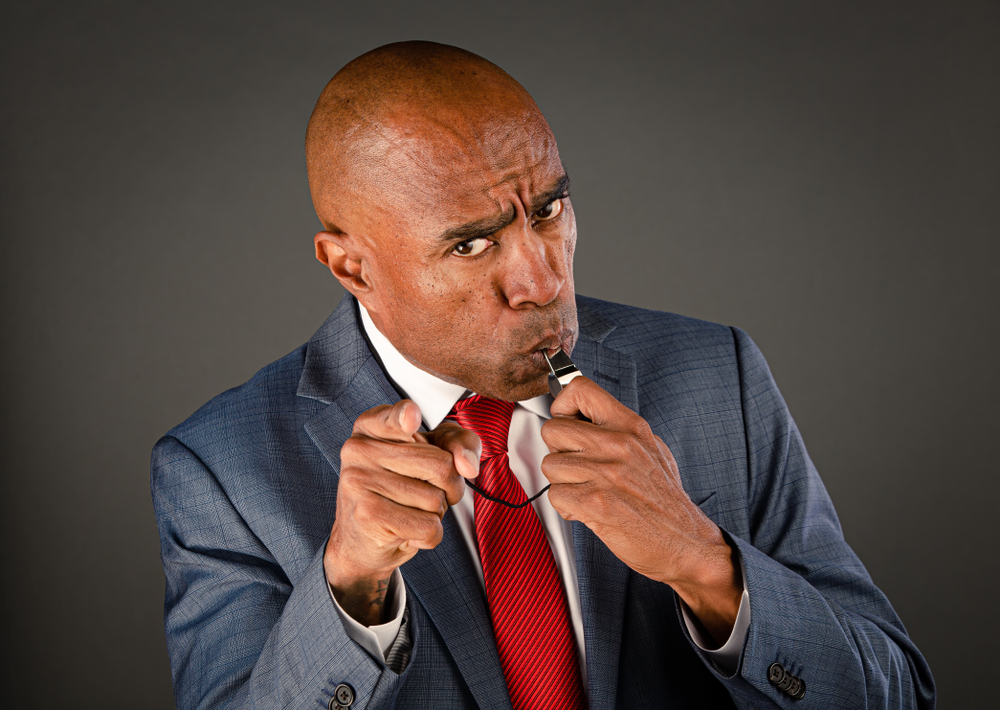It has become a running joke among the defense lawyers I know that we can’t wait to see what the Department of Justice will announce as its newest “cooperation” policy at the annual ABA White Collar Crime conference. The ABA conference is the largest of its kind, and it’s become the established locale for DOJ to reveal new strategic initiatives and policies relevant to the defense bar.
After some standard self-congratulatory back-patting about DOJ’s recent victories (let’s just say the Antitrust Division was not part of the remarks), Deputy Attorney General Lisa Monaco introduced the new policy: a whistleblower program to reward people who report corporate misconduct.
This could be a massive shift in how DOJ initiates investigations.
The New Policy – First Thoughts
I appreciate that the DAG was open about the incentive when she said, “we can encourage individuals to report misconduct: by rewarding whistleblowers. And how do we do that? Money.” She analogized the new program to the ones run by the SEC and CFTC. As the DAG explained:
The premise is simple: if an individual helps DOJ discover significant corporate or financial misconduct — otherwise unknown to us — then the individual could qualify to receive a portion of the resulting forfeiture.
The program is in its early stages and the DAG’s remarks were short on particulars. But Ms. Monaco mentioned a few details of note:
First, the program will only offer payments to whistleblowers “after all victims have been properly compensated.” This will undoubtedly skew the program towards employees at big companies. Plaintiff’s lawyers who represent the whistleblowers will look for the biggest cases and for potential defendants who have the resources to pay.
Second, it will only cover those “those who submit truthful information not already known to the government.” This sounds like the False Claims Act’s “original source”/“first to file” requirements and will encourage a race to DOJ’s door. Plaintiff’s firms will quickly gear up to evaluate potential whistleblower clients.
Third, the program will cover only those situations where there is not “an existing financial disclosure incentive — including qui tam or another federal whistleblower program.” This should exclude government contractors (like the defense industry) that are already subject to the FCA.
Fourth, one goal is to encourage reporting of wrongdoing in “[d]omestic corruption cases, especially involving illegal corporate payments to government officials.” This is interesting to me in two ways. Our firm handles a lot of bribery and honest services fraud cases, so it could lead to additional investigations in this area. Also, it’s an interesting juxtaposition against DOJ’s recent setbacks in these cases before the Supreme Court (see, e.g., Ciminelli and Percoco). The courts are narrowing the types of public corruption cases that DOJ may bring at the same time DOJ is broadening its focus on them.
There are So. Many. Questions.
- Will DOJ make the rewards worth it to whistleblowers? After all, FCA relators can get up to 25% of a recovery (when DOJ intervenes).
- Will the program result in more aggressive civil and criminal forfeiture efforts since DOJ will need to recover money to reward whistleblowers?
- Will DOJ lawyers now spend time fending off plaintiff’s lawyers? Or will the FBI take the lead as it generally does for brand-new investigations?
- Will there be parallel whistleblower proceedings if someone reports to DOJ and, say, the SEC? Will there be coordination between the agencies (pre-grand jury secrecy stage, of course)? Can a whistleblower recover once or twice? Will it matter to which agency the whistleblower first reports the conduct?
Two Risks for Whistleblowers
Reporting misconduct to DOJ sounds like a straightforward process. But whistleblowers may not realize that talking to DOJ or the FBI opens them up to criminal liability in two ways.
Making false statements to a federal official is a crime. One wonders how DOJ will react if it spends valuable time and resources investigating a whistleblower’s tip only to learn that the whistleblower deliberately exaggerated or outright lied about what happened because she saw dollar signs. Money is a powerful incentive to fudge the facts, overplay one’s hand, and rush to judgment.
Plus, a whistleblower may not realize that he or she could personally face criminal liability for the wrongdoing being reported. Given the breadth of conspiracy and fraud statutes, and given that this program does not appear to contain any automatic immunity for whistleblowers, someone could very well report misconduct without realizing they may be confessing to their own wrongdoing. Plaintiff’s lawyers should work with experienced criminal counsel to make sure they aren’t sending unintentionally sending clients to their doom.
Otherwise, rather than getting a payout, whistleblowers may be getting indicted.

